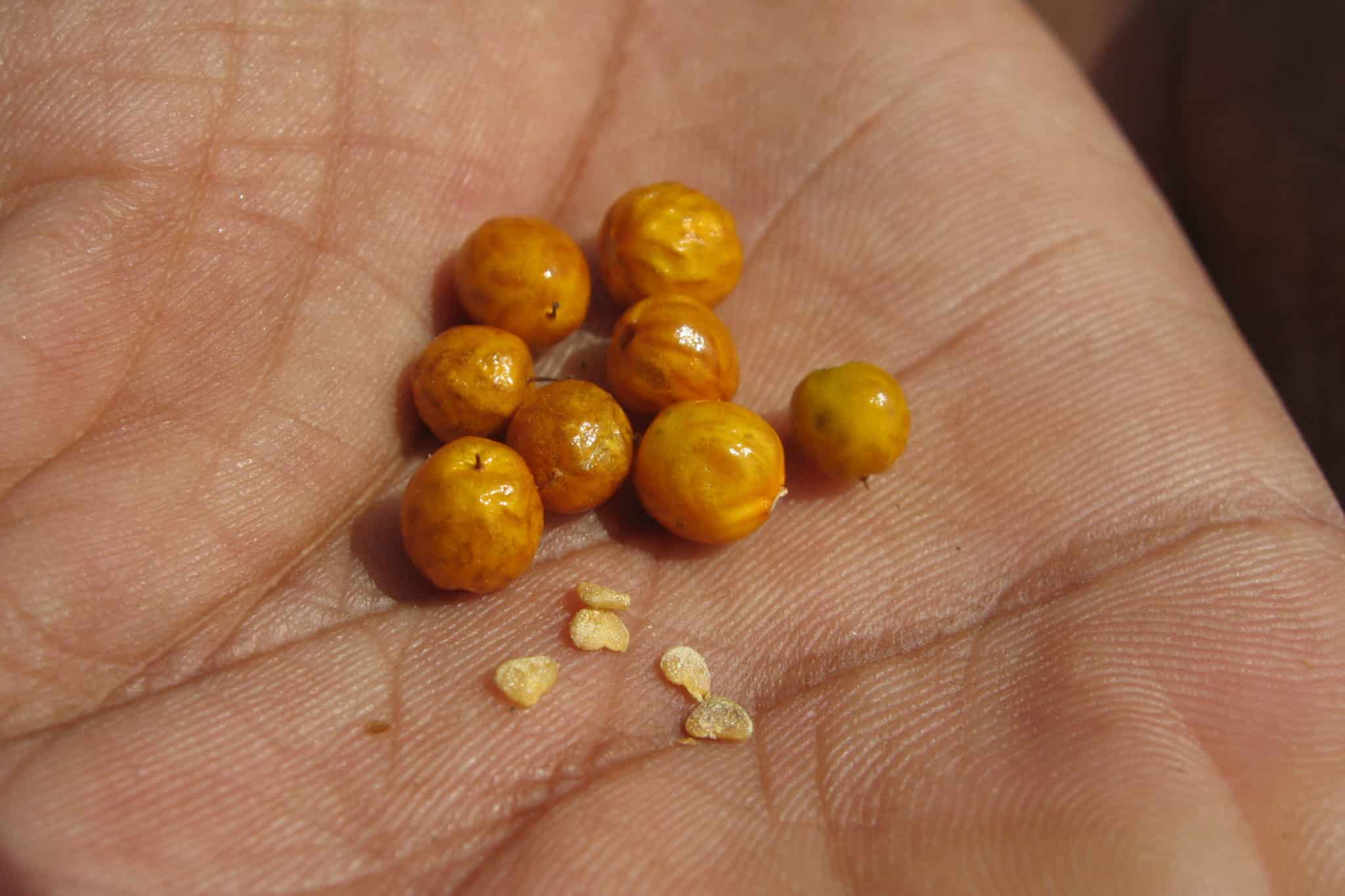Ashwagandha: Benefits, Weight Loss, Side Effects & Usage – Inlifehealthcare

Ashwagandha (Withania somnifera) is a medicinal herb used in Ayurveda, of India. Its root has a horsey smell (in Sanskrit, ashva means “horse” and gandha means “smell”) and is said to confer the strength and potency of a horse.
Ashwagandha is an adaptogen (a substance that helps the body adapt to stressors). It is best known for its anxiolytic (anti-anxiety) properties: it can lower cortisol levels and may mitigate stress-induced insomnia, depression, and immunosuppression.
It can also reduce low-density-lipoprotein cholesterol (LDL-C), improve physical performance in both sedentary people and athletes, and maybe help treat Alzheimer’s disease, though the more human evidence is needed before supplementation can be recommended specifically for Alzheimer’s.
